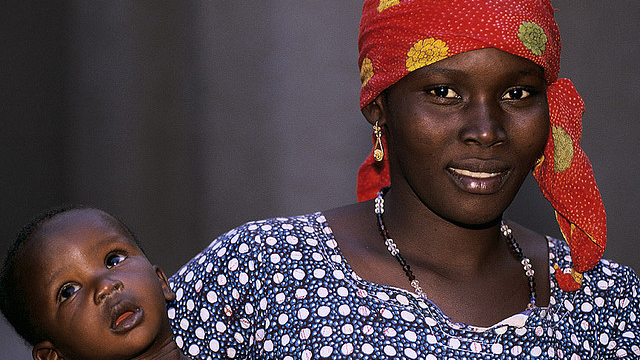WATCH LIVE
The 2015 Inter-Agency Standing Committee Gender-Based Violence (GBV) Guidelines, revised and updated by an inter-agency Task Team led by UNICEF and UNFPA, aim to support humanitarian stakeholders in protecting all those affected by crises --from armed conflict to natural disasters and other humanitarian emergencies. This launch event will include a presentation and panel discussion.
Opening
Anju Malhotra, Principal Advisor, UNICEF
Ugochi Daniels, Chief of the Humanitarian and Fragile Contexts Branch at UNFPA
Presentation
Mendy Marsh, UNICEF technical focal point Gender-based Violence Area of Responsibility under the Global Protection Cluster
Panelists
Colin Bruce, Senior Adviser and Designated IASC Principal, Office of the World Bank Group President
Patricia McIlreavy, Senior Director, Humanitarian Policy for InterAction
Maurizia Tovo Lead Social Protection Specialist, WBG
Closing
Catherine A. Wiesner, Deputy Assistant Secretary Bureau of Population, Refugees and Migration U.S. Department of State
